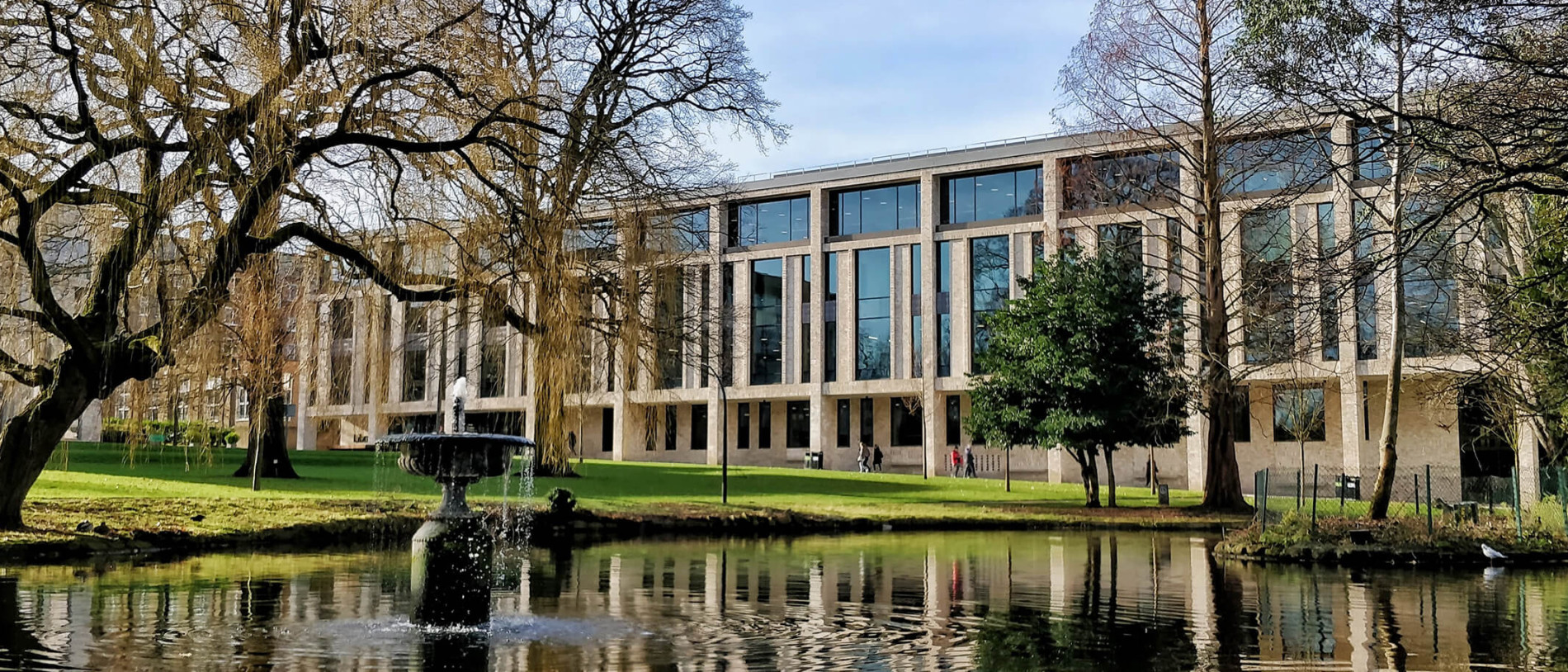

University of Roehampton (London)
Dance Movement Psychotherapy
Study detals
: Master's degree : MA (Hons) Dance Movement Psychotherapy : Full time : 24 MonthRequirements
Entry requirements
Roehampton English Language Test
- Postgraduate degrees - mapped to IELTs scores
TOEFL IBT
- Postgraduate degrees - 89 overall with a minimum of 17 in listening and writing, 18 in reading and 20 in speaking
IELTS Academic
· Postgraduate degrees – 6.5 overall with a minimum 5.5 in each component
Cambridge Advanced Certificate
- Postgraduate degrees - 176 overall with a minimum 162 in each component (some schools require a minimum of 169 in each)
Cambridge Proficiency Certificate
- Postgraduate degrees - 176 overall with a minimum 162 in each component (some schools require a minimum of 169 in each)
All applicants that require a Tier 4 visa must also meet the minimum English Language requirements before we can issue a Certificate of Acceptance for Study (CAS) that is needed to apply for a Tier 4 visa.
Academic requirements
Along with a complete application, EU and international applicants are required to submit various supporting documents. These include:
- Academic qualifications (certificate and transcript)
- Valid English language qualification
- Personal statement
- Two references
Speciality
There aren’t any pathways available
Additional information
Degree Overview
Dance movement psychotherapy is a relational process in which a client and therapist engage in an empathetic creative process using body movement and dance to assist the integration of emotional, cognitive, physical, social and spiritual aspects of self. We believe that focusing on the creative potential of individuals in a relationship creates a sound ethical basis for psychotherapeutic work. You will be taught by leading experts who will equip you with the skills, experience, and confidence to work as a dance movement psychotherapist. All graduating students are eligible to apply for registration with the Association for Dance Movement Psychotherapy (ADMP UK). Graduates often create their own positions; facilitating dance movement psychotherapy sessions within settings including: social services; special needs; schools; psychiatry; probationary and rehabilitation units; forensic psychiatry. Our uniquely interdisciplinary MA Dance Movement Psychotherapy integrates theoretical, experiential and clinical learning, preparing students to practice as dance movement psychotherapists. Practice-based research cascades into teaching emphasising the social, biological and psychological construction of the moving body and meaning-making. The programme offers opportunities for you to explore and expand movement preferences, ways of interacting with others, belief systems, prejudices and values. Emphasis is placed on development of your own style as a dance movement psychotherapist. You also have the opportunity to perform and exhibit your ongoing work in a yearly Arts Therapies exhibition. The MA in DMP benefits from tutors’ practice-based research, which feeds directly in teaching. The programme ethos emphasises a critical consideration of different descriptions and explanations of bodies, human systems and therapeutic practices in different places and times. In the context of an individual student's experiences, beliefs, values and different 'cultures', our teaching actively promotes a participatory ethic, self-reflexive practices and the ability for critical reflection on: creative processes, intersubjectivity and the construction of social and power differentials, in learning and in psychotherapy.
Study Reasons
- Graduates can enter a variety of roles including: NHS clinical practice within in and outpatient services, community services, prison services, special needs schools, performing arts contexts, drug rehabilitation, in social services with immigrants and asylum seekers, in shelters with women who have suffered domestic abuse, dementia services, learning disabilities services, child and adolescent mental health services.